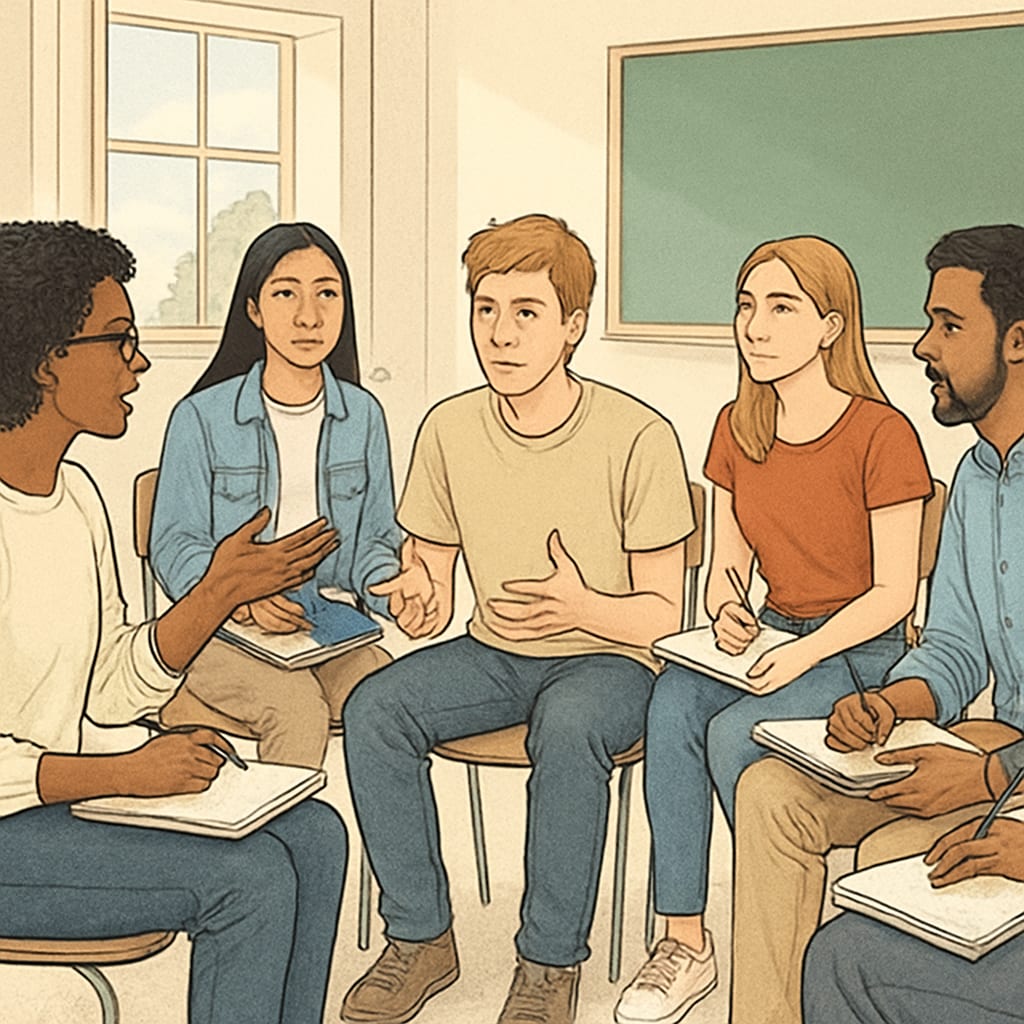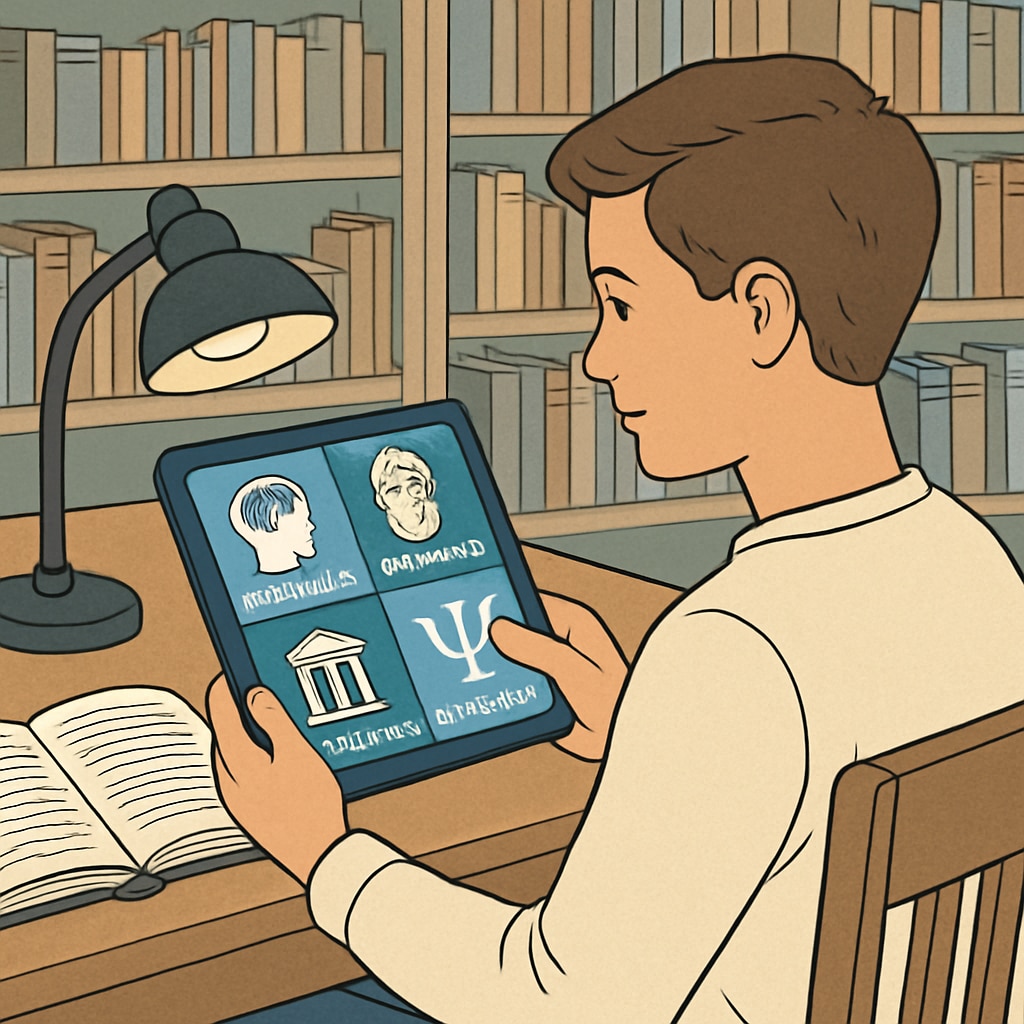In a world dominated by standardized testing, the exploration of psychology, philosophy, and non-academic learning often takes a backseat in K12 education. However, these subjects are integral for developing critical thinking, emotional intelligence, and a lifelong passion for knowledge. Instead of relying solely on academic curricula, students can explore these disciplines through age-appropriate books, hands-on activities, and digital resources. This article offers a roadmap to help K12 students and their parents embark on an enriching journey beyond traditional classrooms.
Why Explore Psychology and Philosophy During K12?
Psychology and philosophy provide tools to understand the human mind, behavior, and the nature of existence. For K12 students, these subjects can nurture problem-solving skills, empathy, and the ability to question the world critically. For example, while psychology can teach students to manage their emotions and understand interpersonal dynamics, philosophy can encourage them to think independently and explore moral questions.
Incorporating these disciplines in non-academic ways ensures that learning remains engaging and inspiring. It also equips students with skills they can use in real life, making them more adaptable and thoughtful individuals.

Practical Methods for Non-Academic Learning
There are numerous creative ways to introduce psychology and philosophy to K12 students, even outside of a formal educational framework. Here are some effective approaches:
- Books: Select age-appropriate books that explain complex ideas in simple ways. For younger students, books like “Sophie’s World” by Jostein Gaarder or “What is Psychology?” by Ellen Pastorino can be excellent starting points.
- Discussion Groups: Encourage group discussions on topics such as ethics, decision-making, or the concept of happiness. This can be done informally at home or in community learning spaces.
- Interactive Games: Use board games or digital apps designed to teach psychological theories or philosophical dilemmas. For instance, “The Game of Life” can simulate real-life decision-making scenarios.
These methods emphasize active engagement, making the learning process both fun and impactful for students.
Leveraging Digital Resources
In the digital age, technology offers countless opportunities to learn psychology and philosophy in accessible and interactive ways. Here are some recommended tools:
- Online Courses: Platforms like Khan Academy and Coursera offer free or affordable courses tailored to beginners.
- Podcasts and Videos: Educational podcasts like “The Psychology Podcast” or YouTube channels such as “CrashCourse Philosophy” simplify complex topics for young audiences.
- Mobile Apps: Apps like “Headspace” (to understand mindfulness and mental health) or “Thinker” (for philosophical exploration) can make learning interactive and personalized.
By integrating these tools, students can explore topics at their own pace and according to their interests.

Benefits of Early Exposure to Psychology and Philosophy
Introducing psychology and philosophy during K12 education offers multiple long-term benefits:
- Critical Thinking: Students learn to analyze problems from different perspectives.
- Emotional Intelligence: Understanding human emotions fosters empathy and better social interactions.
- Self-Reflection: Philosophy encourages students to explore their values and beliefs.
As a result, early exposure to these subjects not only enhances academic performance but also prepares students for personal and professional challenges in the future.
Conclusion
In conclusion, psychology and philosophy, though often overlooked in K12 education, play a crucial role in shaping well-rounded individuals. By embracing non-academic learning methods such as reading, engaging activities, and leveraging digital resources, students can develop critical thinking skills and emotional intelligence. These disciplines lay the groundwork for a lifetime of curiosity, adaptability, and meaningful inquiry into the human experience.
If you are a parent, teacher, or student, consider taking the first step today. The journey into the human mind and the nature of existence is as rewarding as it is enlightening.


